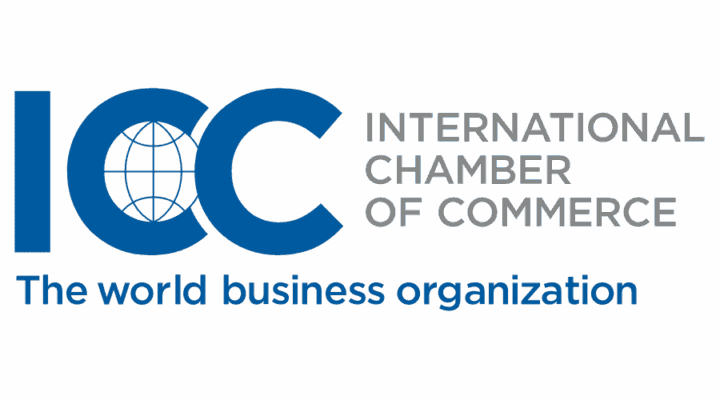The upcoming Annual General Meeting (AGM) of the International Chamber of Commerce (ICC) is set to place significant emphasis on maritime trade, as stakeholders across global shipping, logistics, and policy sectors prepare to gather for the high-level event. The ICC, known for its role in fostering international trade standards and commercial cooperation, announced that this year’s meeting will center on challenges, reforms, and innovations in maritime commerce.
The AGM, scheduled to take place in Lagos, Nigeria, will bring together leading maritime authorities, port operators, shipping lines, customs officials, and trade policy experts from across the globe. The focus on maritime trade comes amid increasing global attention on supply chain resilience, ocean freight costs, and the green transition in sea transport.

Organizers of the meeting said the forum would explore practical solutions to bottlenecks in international shipping, especially as developing economies like Nigeria continue to grapple with port congestion, high logistics costs, and outdated infrastructure. The discussions will also include regulatory frameworks, digitalization of port systems, and sustainable shipping practices.
The ICC, in a statement, highlighted that maritime trade plays a pivotal role in enabling global commerce, accounting for over 80 percent of world trade by volume. However, recent global disruptions — from the COVID-19 pandemic to geopolitical tensions — have revealed vulnerabilities in maritime networks, prompting the need for deeper international collaboration.
Nigeria, serving as the host nation, is expected to leverage the platform to project its commitment to modernizing its port systems and boosting non-oil exports through efficient logistics. Senior government officials, including representatives from the Nigerian Ports Authority (NPA), Nigerian Shippers’ Council, and the Ministry of Marine and Blue Economy, are expected to participate.
Stakeholders will also address the role of private sector investment in upgrading port facilities and expanding coastal trade. With the African Continental Free Trade Area (AfCFTA) in effect, the continent’s maritime infrastructure is under increasing pressure to support regional integration and boost intra-African trade.
This year’s ICC AGM will feature keynote addresses, expert panels, and breakout sessions on a range of maritime topics, including shipping law reforms, vessel tracking technologies, cargo insurance trends, and the implications of climate-related shipping policies.
Industry players are optimistic that the meeting will not only foster policy alignment but also unlock partnerships that will accelerate port and logistics development in Africa. The event will also provide a platform for dialogue on the safety of seafarers, piracy threats in the Gulf of Guinea, and maritime capacity-building.
One of the expected highlights is a showcase of innovation in marine logistics, with tech firms and shipping companies unveiling tools designed to improve cargo handling, customs clearance, and real-time data sharing among ports.
Beyond the formal sessions, the AGM will serve as a networking hub for investors and regulators aiming to shape the next phase of growth in maritime trade. Participants hope the event will culminate in actionable recommendations that address the persistent challenges in sea freight operations, especially in emerging markets.
The ICC emphasized that a secure, efficient, and environmentally responsible maritime sector is crucial for the future of global trade and inclusive economic development. The Lagos meeting, they noted, aims to reaffirm that commitment through practical collaboration and strategic foresight.
Support InfoStride News' Credible Journalism: Only credible journalism can guarantee a fair, accountable and transparent society, including democracy and government. It involves a lot of efforts and money. We need your support. Click here to Donate
